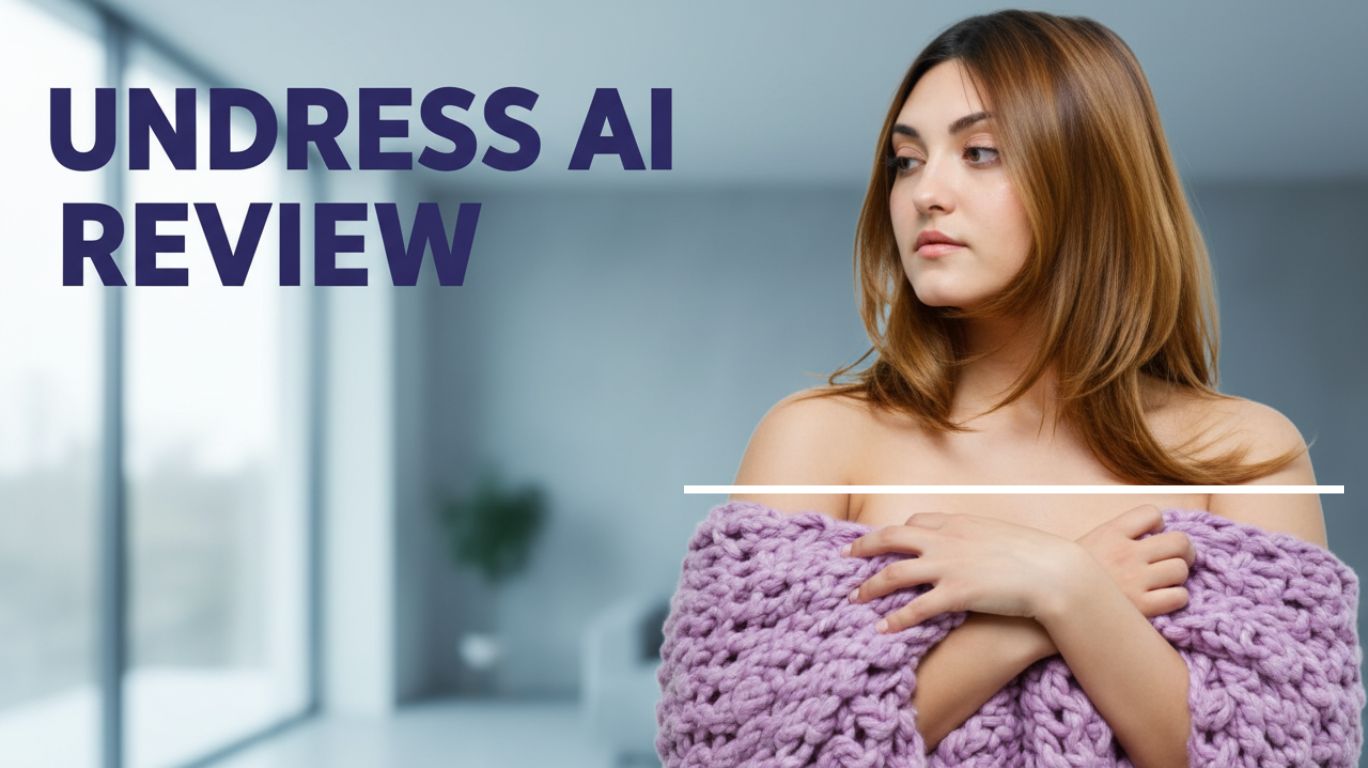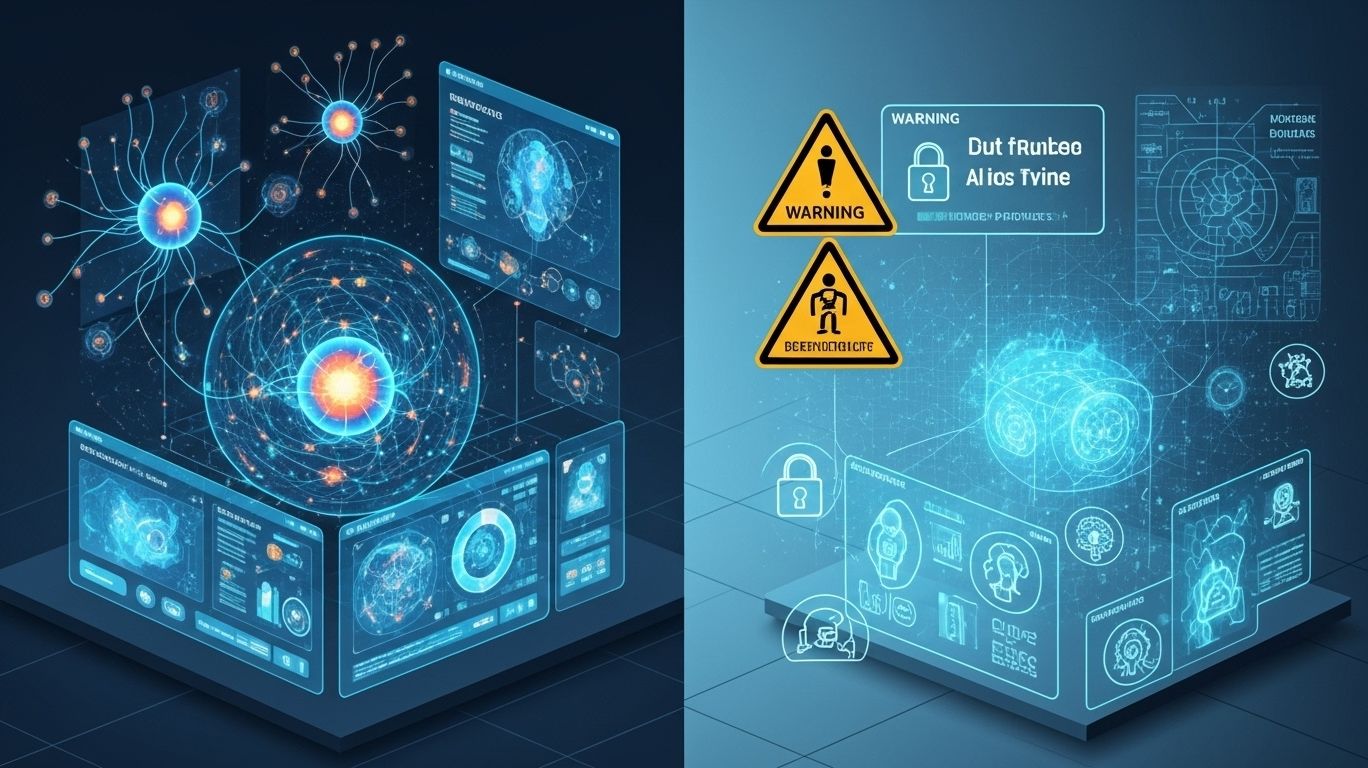
Artificial intelligence is changing the way people edit photos — from quick touch-ups to full-blown digital artwork. Today, anyone from hobbyists to professionals can tap into AI tools that make editing faster and more creative than ever. In 2025, one of the most talked-about AI trends is Undress AI—apps that can digitally alter photos in ways that spark both curiosity and controversy.
For some, these tools are used for adult entertainment or fantasy. For others, they raise serious ethical and privacy concerns. This Undress AI review studies the leading Undress AI tools in 2025, outlining their features, pros and cons, and the broader implications of their use.
|
Tool |
Rating | Key Strength | Pricing |
|
Undress.app |
⭐⭐⭐⭐☆ (4.5) | Fast processing + customization |
Free / from $5.99 |
| AI-Undresser.app | ⭐⭐⭐⭐☆ (4.3) | Advanced filters + preview mode | Free / from $6.49 |
|
Undress.cc |
⭐⭐⭐⭐☆ (4.2) | Simple, fast, beginner-friendly |
Free / from $4.99 |
| Undress.online | ⭐⭐⭐⭐☆ (4.4) | Versatile styles + HD realism |
Free / from $5.49 |

Undress AI uses deep learning algorithms—often generative adversarial networks (GANs)—to simulate what a person might look like without clothing. The process usually involves:
While many platforms advertise encryption and GDPR compliance, critics argue misuse remains easy and difficult to regulate. The appeal lies in speed and accessibility, but these same traits amplify ethical concerns.
Rating: ⭐⭐⭐⭐☆ (4.5/5)
Best For: Users seeking quick, straightforward results.
Rating: ⭐⭐⭐⭐☆ (4.3/5)
Best For: Users who want control over image details.
Rating: ⭐⭐⭐⭐☆ (4.2/5)
Best For: First-time or casual users.
Rating: ⭐⭐⭐⭐☆ (4.4/5)
Best For: Users studying artistic and varied outputs.
Before using these apps, consider the risks:
As regulations develop, expect platforms to adopt stricter consent verification and bans on misuse, though enforcement remains inconsistent.

Undress AI tools in 2025 represent both the cutting edge of digital creativity and one of the most controversial applications of artificial intelligence. On one hand, platforms like Undress.ai showcase impressive speed, customization, and accessibility for users seeking experimental or adult-oriented content. On the other hand, their very nature raises significant ethical, legal, and privacy concerns that cannot be ignored.
Consent and responsibility must remain at the center of AI-driven image editing. These tools can be fascinating to learn, but they come with responsibilities. By keeping consent and respect in mind, users can enjoy AI creativity without crossing boundaries. As regulations tighten and technology advances, users who approach Undress AI with awareness, respect, and caution will be the ones best positioned to enjoy its potential without crossing into harmful territory.
👉If you’re curious about AI creativity beyond NSFW apps, consider examining art-focused AI platforms or virtual character tools. Newgirfriend.ai offers a selection of AI models to choose from that will chat with you and much more. Also, we offer a free option as well as premium and paid tiers.
The legality depends on where you live and how you use it. Creating edited images of yourself or with the consent of another adult may not break the law. However, generating non-consensual or underage images is illegal in most countries and can carry severe penalties. Always check local regulations before using these tools.
Safety varies by platform. Some apps claim to use encryption and GDPR-compliant servers, but risks remain. Uploaded images may be stored, leaked, or misused. Free or unverified apps, especially Telegram bots, are riskier because they often lack strong data protections.
Yes, some people use these tools to create artistic edits, fantasy characters, or cosplay-style imagery. However, even harmless use must remain consensual and respectful. Misuse can damage reputations and relationships, even if the intent wasn’t malicious.
Unlike web-based platforms, Telegram bots often operate without oversight, privacy policies, or consent verification. This means your images may be stored on insecure servers, and there’s no guarantee of deletion. Users should proceed with extreme caution.
If you’re interested in AI creativity without the risks, consider AI roleplay companions, virtual character chats, or art-based AI generators. These allow for interactive, imaginative experiences without privacy or ethical concerns.
